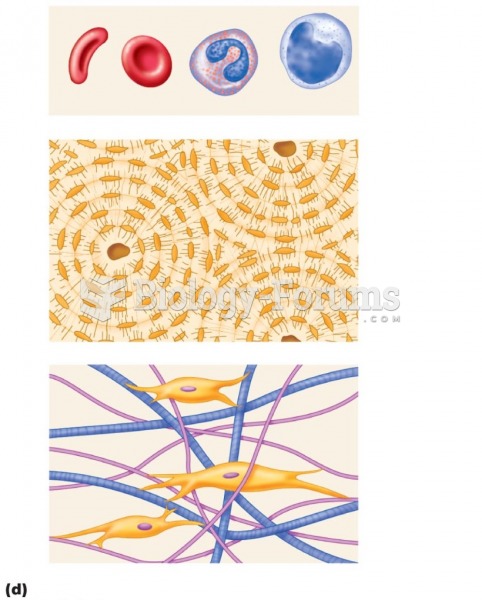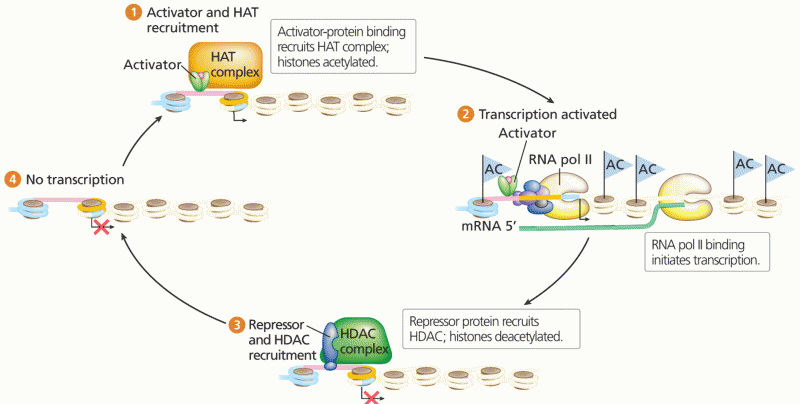|
|
|
The first oncogene was discovered in 1970 and was termed SRC (pronounced "SARK").
Cucumber slices relieve headaches by tightening blood vessels, reducing blood flow to the area, and relieving pressure.
It is important to read food labels and choose foods with low cholesterol and saturated trans fat. You should limit saturated fat to no higher than 6% of daily calories.
The Centers for Disease Control and Prevention has released reports detailing the deaths of infants (younger than 1 year of age) who died after being given cold and cough medications. This underscores the importance of educating parents that children younger than 2 years of age should never be given over-the-counter cold and cough medications without consulting their physicians.
Women are 50% to 75% more likely than men to experience an adverse drug reaction.







